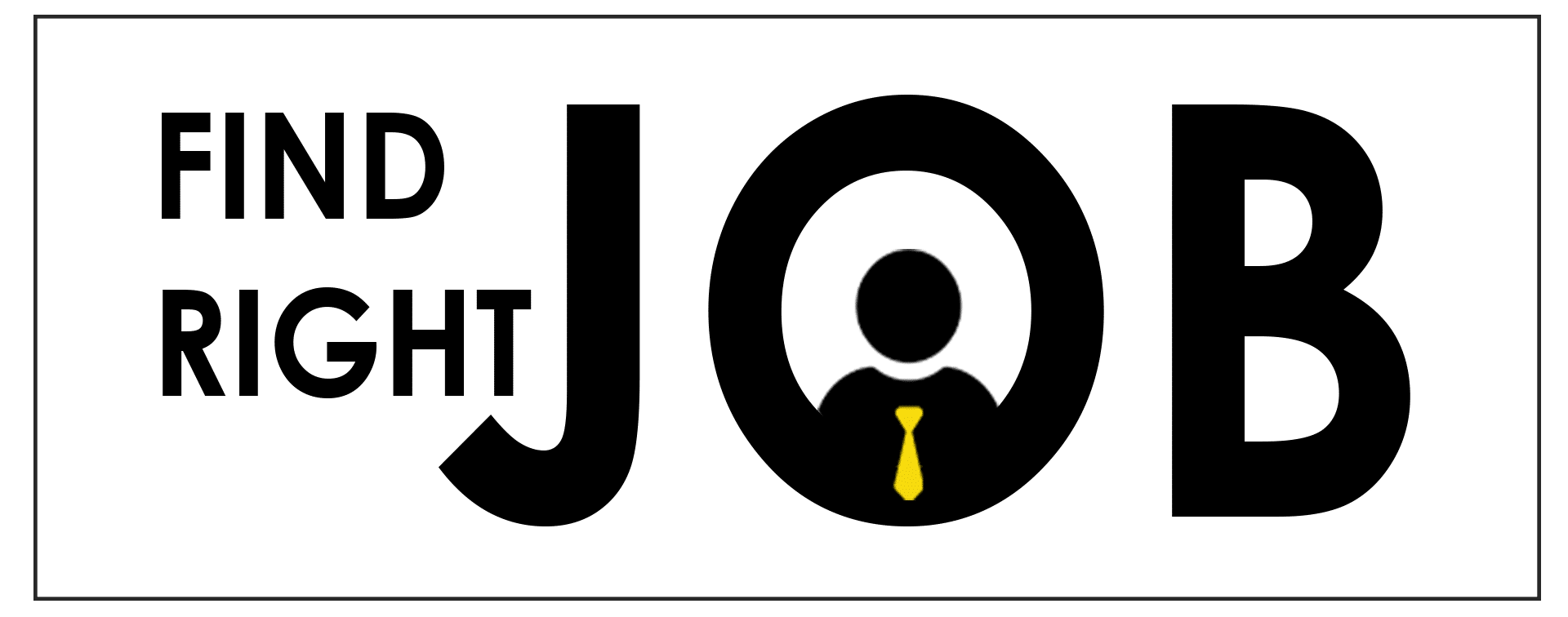SEO, or Search Engine Optimization, refers to optimizing your website to rank higher in search engine results, such as Google. The goal is to increase the number of visitors to your website by making it easier to find when they search for information about the organization or the content. SEO involves on-page and off-page SEO techniques that help utilize specific keywords, boost website content, get other websites to link to yours, and make your site user-friendly.
If you are searching to clear your interview in SEO-related questions asked in an interview this blog will help you out.
On-Page SEO Made Simple: A Beginner’s Guide
On-page SEO refers to optimizing your website to rank higher in SERP. It uses content and technology to increase the quality of a page, thus the more on-page SEO optimization you perform, the more traffic you’ll receive to your website, and the more relevant that traffic will be.
It includes various aspects or techniques to optimize your website and generate organic traffic: –
Meta Description
- Write compelling meta descriptions that accurately describe the content and include primary keywords.
- Aim for around 150-160 characters.
Keyword Optimization
These techniques are used both in On-page and off-page SEO. It involves choosing the right keyword that ranks higher and has less competition. The right keyword helps you attain organic traffic on your website. It also includes placing the right keywords at the right place. Use these keywords naturally in titles, headings, meta descriptions, and throughout the content.
Image Optimization
Use file names and alt text for images that can fully describe your image, and include keywords where appropriate. You can reduce your photos’ size and get faster load speeds.
Internal Linking:
- Link to other relevant pages within your website to improve navigation and distribute links equally.
- Use descriptive anchor text for internal links.
URL Structure:
- Create clean, descriptive, and keyword-rich URLs.
- Avoid long, complex URLs with unnecessary parameters.
Mobile-Friendliness:
- Make sure that your website is accessible and works effectively on mobile devices.
- Use a mobile-friendly design and test your site on various devices.
Page Speed:
- Optimize your website’s loading speed by compressing images, leveraging browser caching, and minimizing CSS, JavaScript, and HTML.
Outbound Links:
- Link to reputable external websites to provide additional context and value to your content.
- Use these links sparingly and ensure they open in a new tab.
Off-Page SEO: Boosting Your Search Engine Rankings
Many On-page and Off-page SEO activities are involved to enhance brand visibility but if we specifically talk about off-page SEO these actions or activities are taken outside of your website to improve its ranking in search engine results. These techniques help enhance the site’s authority, relevance, and trustworthiness. Various components are included in off-page SEO techniques to rank our website using outside sources.
Backlinks
There are many types of backlinks that we can build to rank our website. The backlink which is earned organically when others find your content valuable and link to it without any action on your part. Some backlinks are manually built by actively seeking backlinks by reaching out to website owners, bloggers, and influencers in your industry.
Social Media
Social Media Engagement: Shares, likes, comments, and mentions on social media platforms can indirectly influence your site’s SEO by increasing visibility and driving traffic.
Social Profiles: Maintaining active and well-optimized social media profiles can enhance your online presence.
Content Marketing
Writing articles for other respectable websites in your sector to obtain visibility and backlinks is known as guest blogging. Infographics & Visual Content also produce visually appealing content that can be shared on social media and obtain backlinks.
Collaborations
You may increase your reach and credibility by collaborating with influencers to promote your content, goods, or services. Getting influencers to discuss or recommend your company can increase traffic and boost search engine rankings.
Local Listings
To increase your company’s exposure in local search results, make sure it is listed in local directories and on Google My Business.
Acquiring backlinks from nearby companies, publications, and community websites is known as “local backlinking.”
Relevant Forums
Participating in communities and forums tailored to your industry to exchange knowledge and, when appropriate, provide backlinks to your website.
Conclusion
In conclusion, mastering both On-page and Off-page SEO activities is essential for any comprehensive digital marketing strategy. On-page SEO focuses on optimizing the elements within your website, such as content quality, keyword placement, meta tags, and site structure, to enhance search engine visibility and user experience. On the other hand, off-page SEO involves building your site’s visibility through various external factors that drive traffic and boost your site’s reputation.
By combining these two approaches, you can create an SEO-friendly website, and using these strategies not only improves your website’s ranking but also attracts and retains visitors.
If you want to know about the best SEO interview questions, you have to stay tuned for upcoming blogs.

